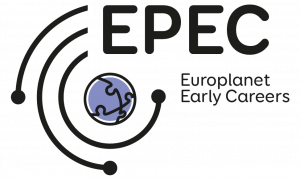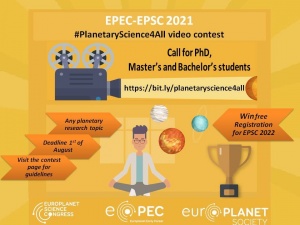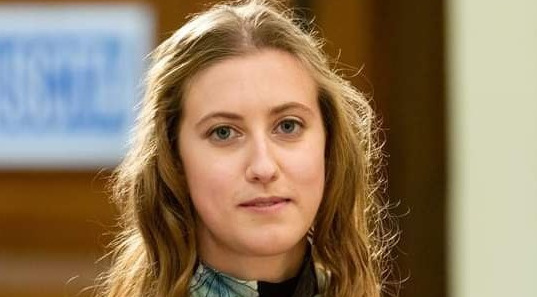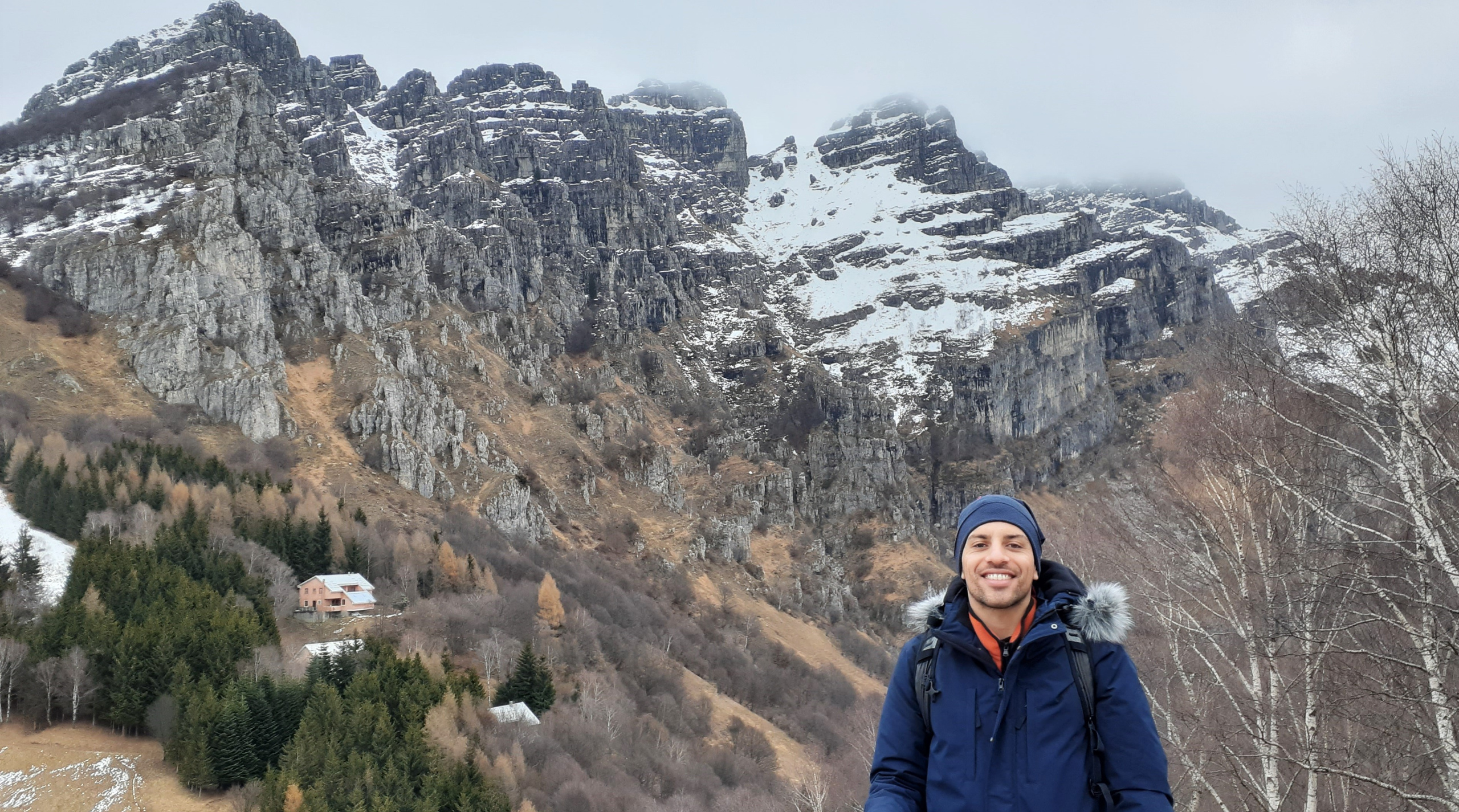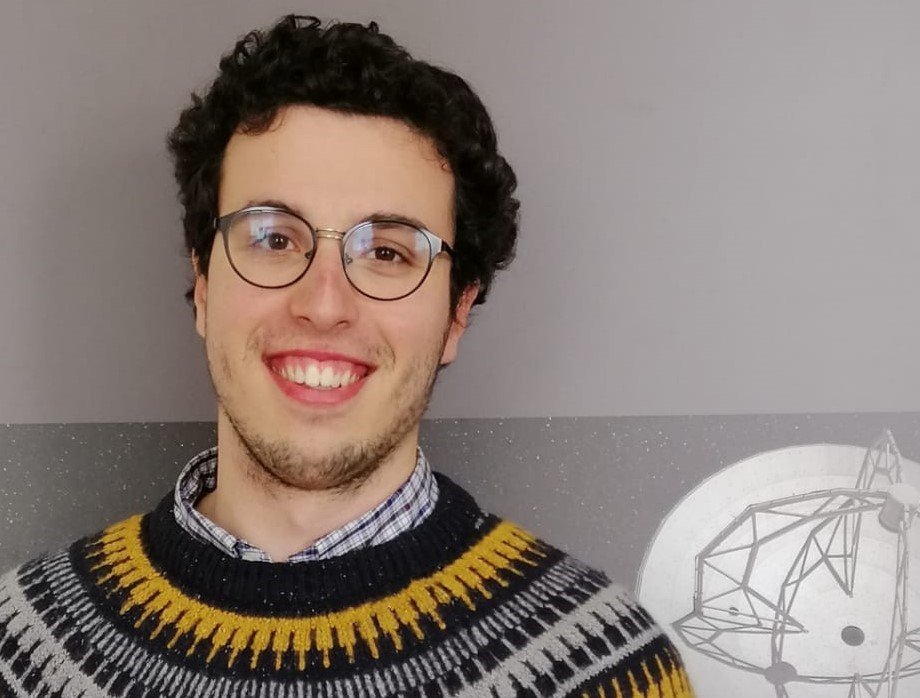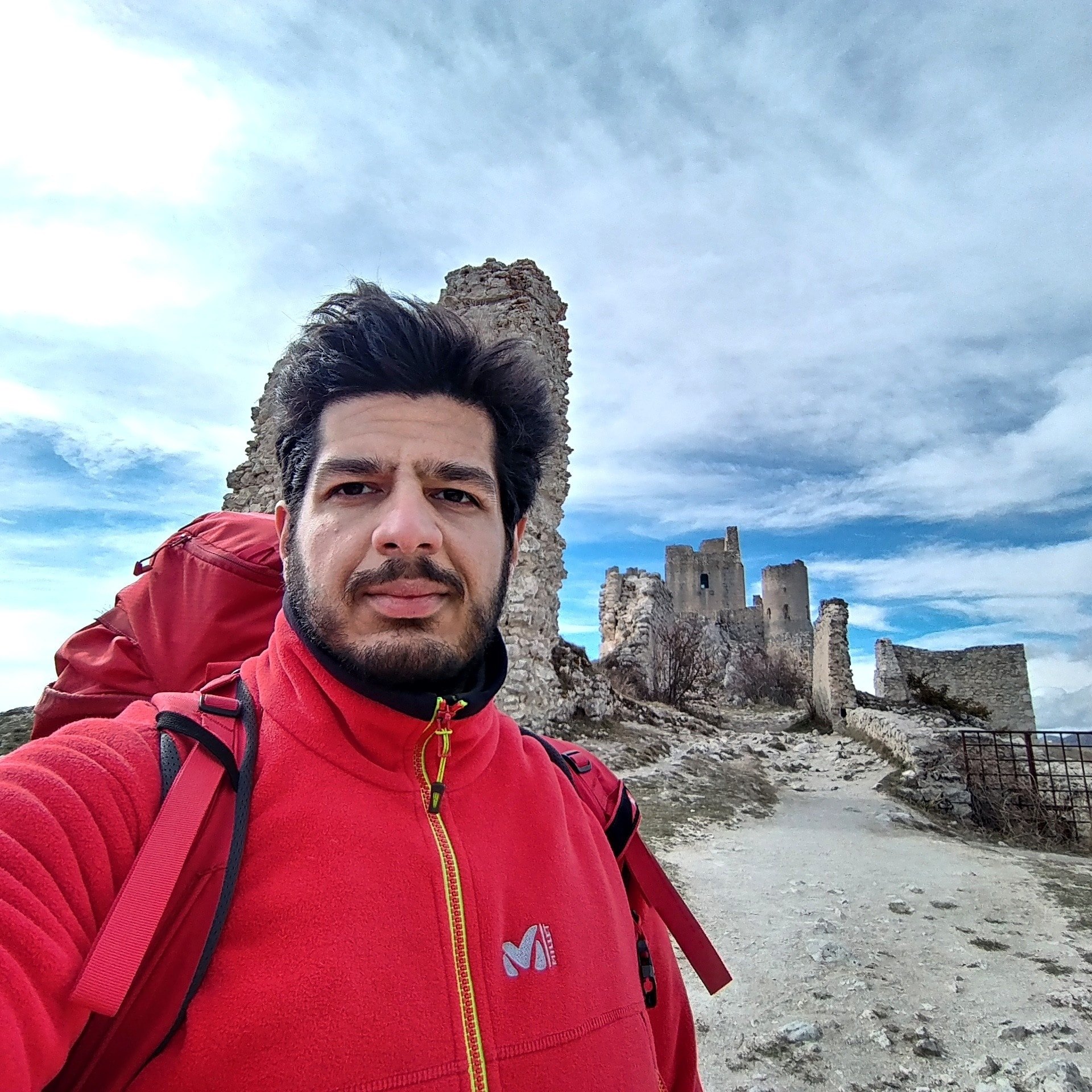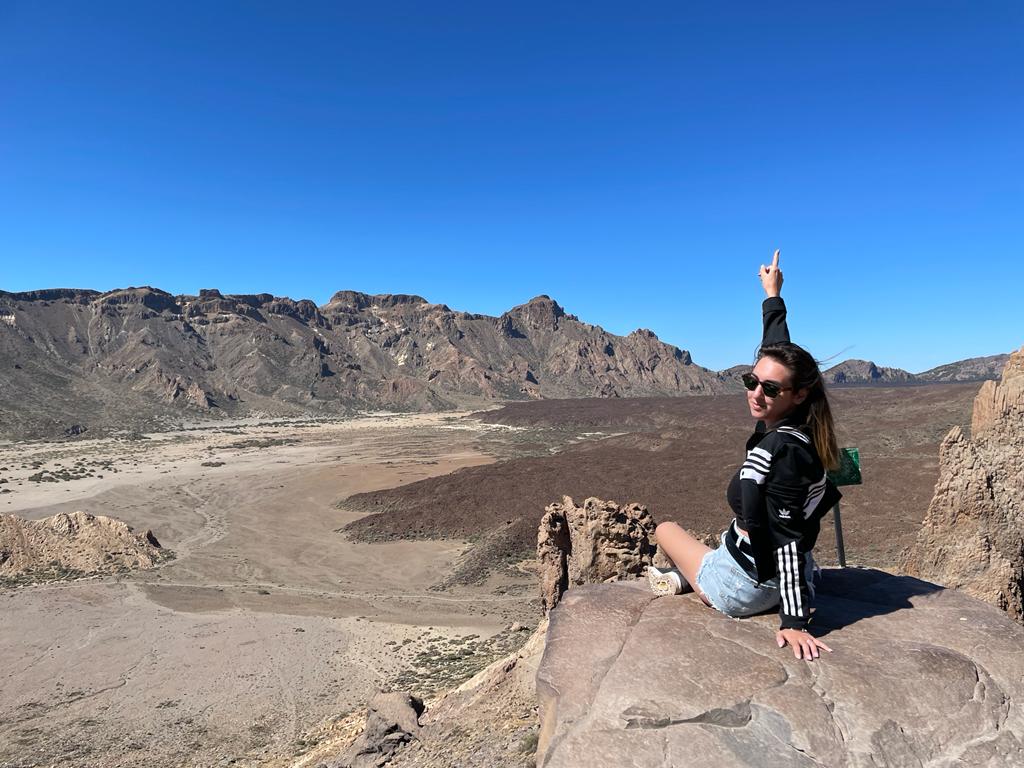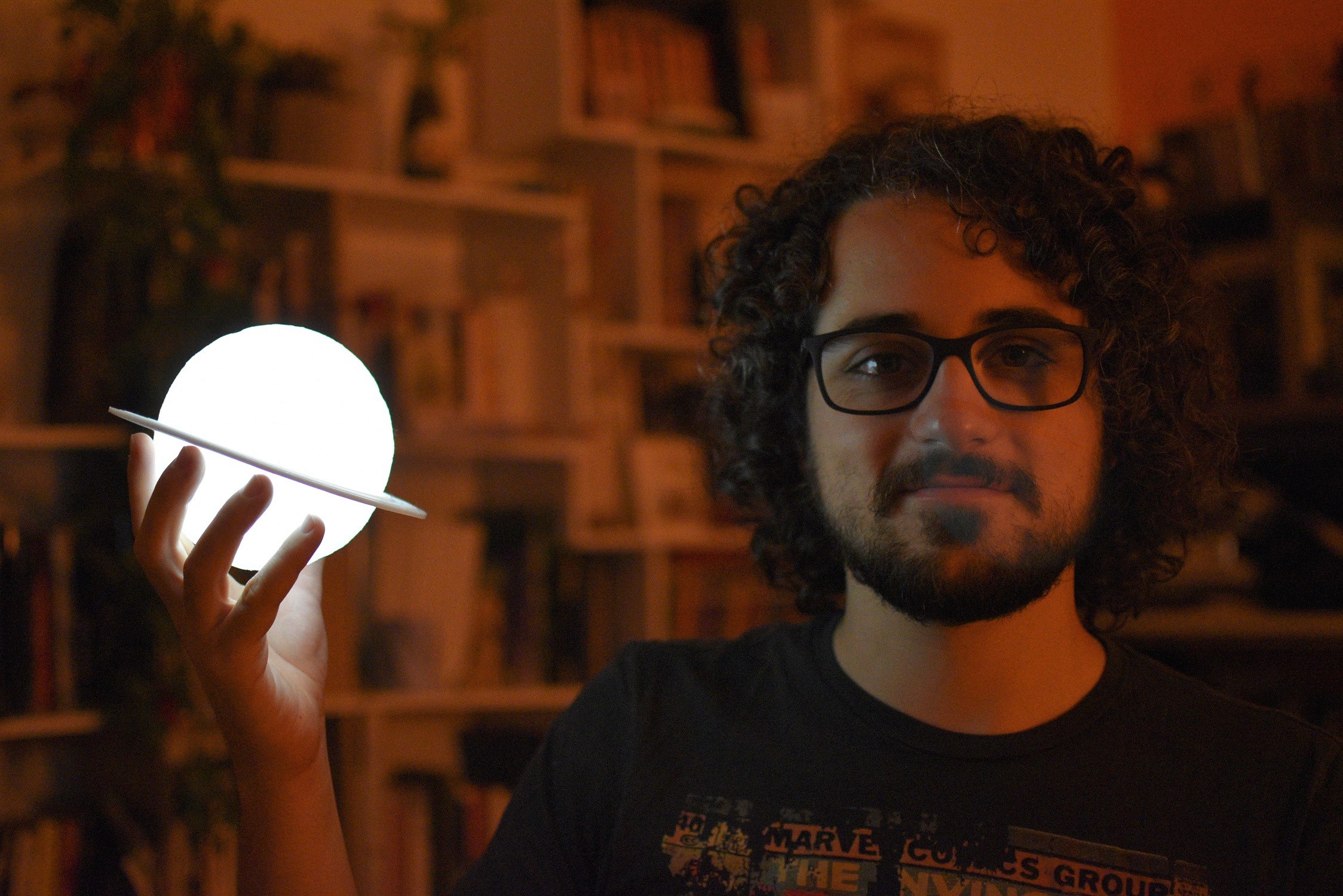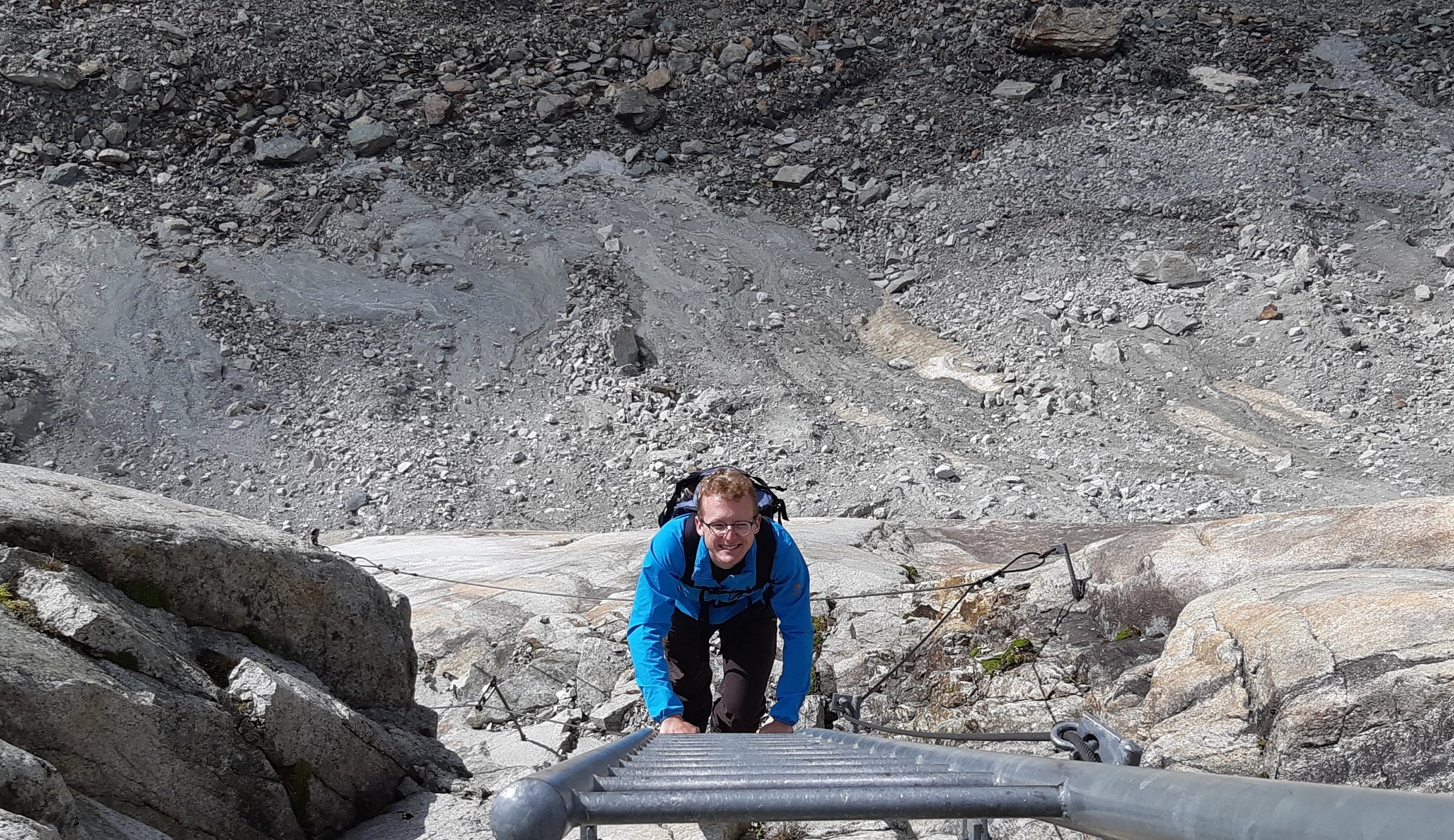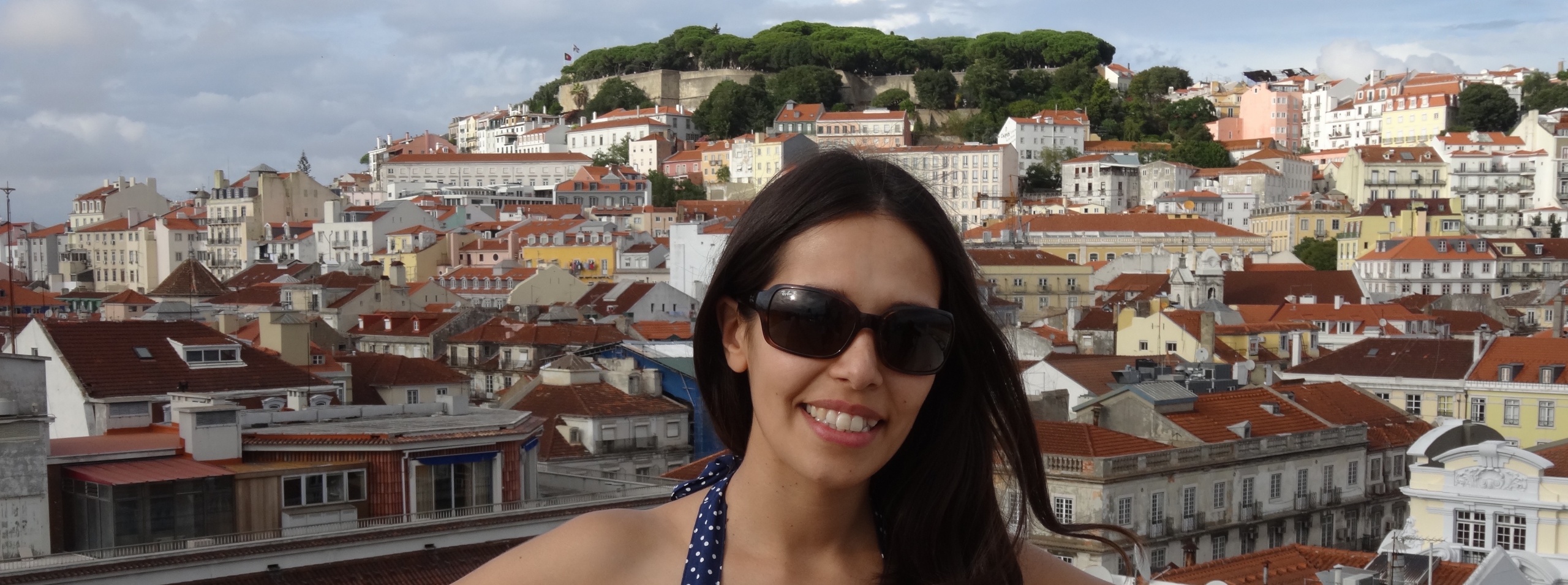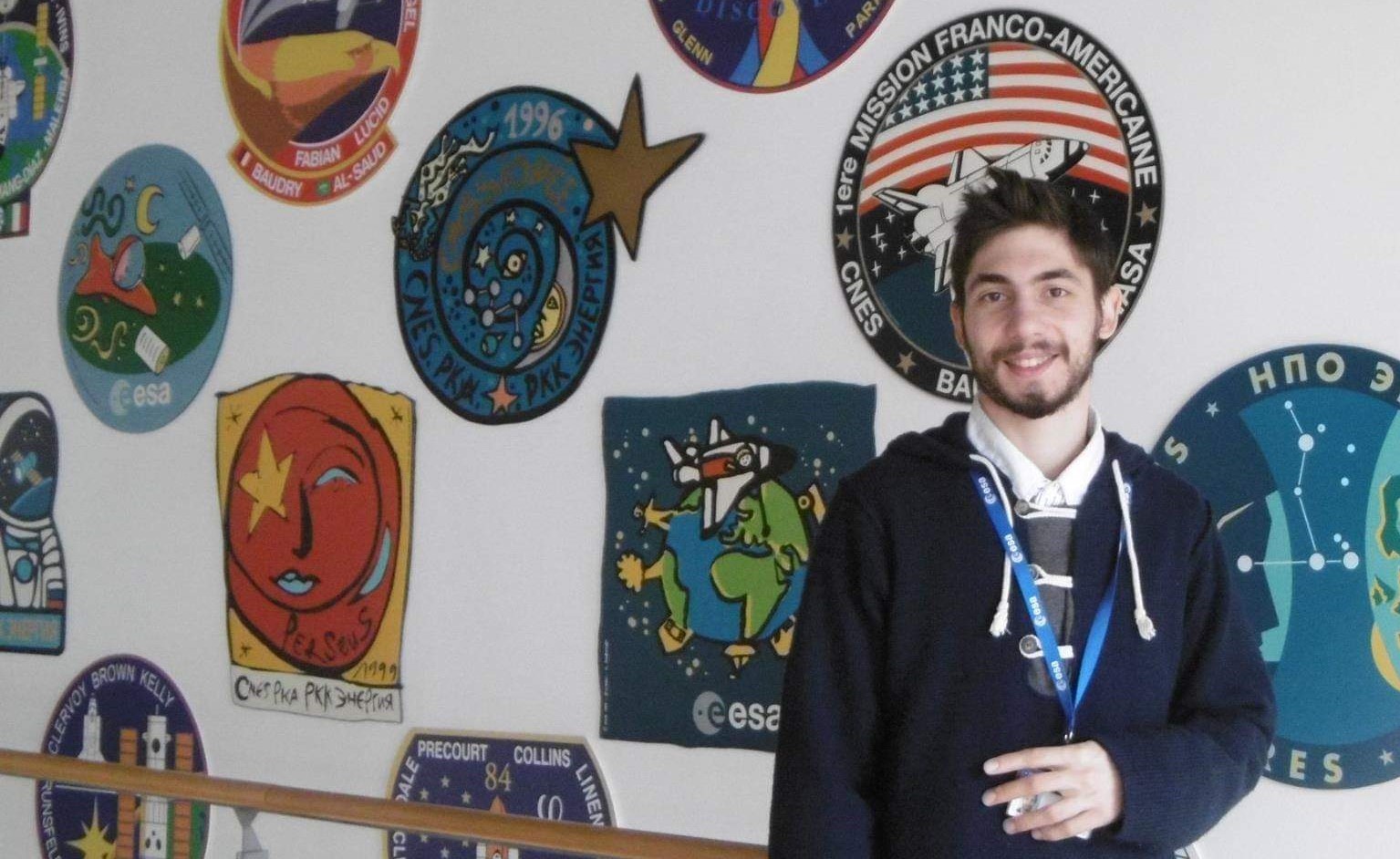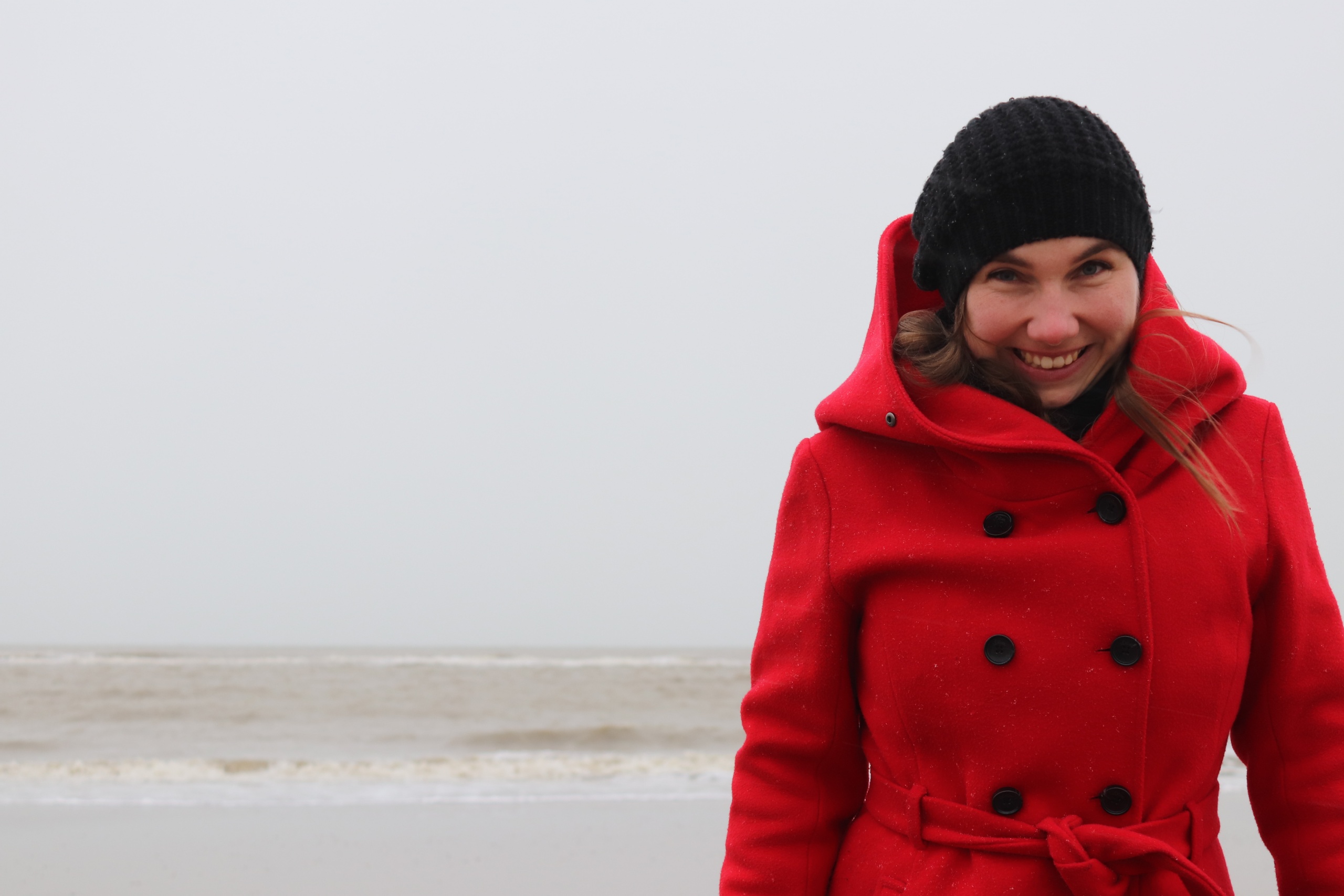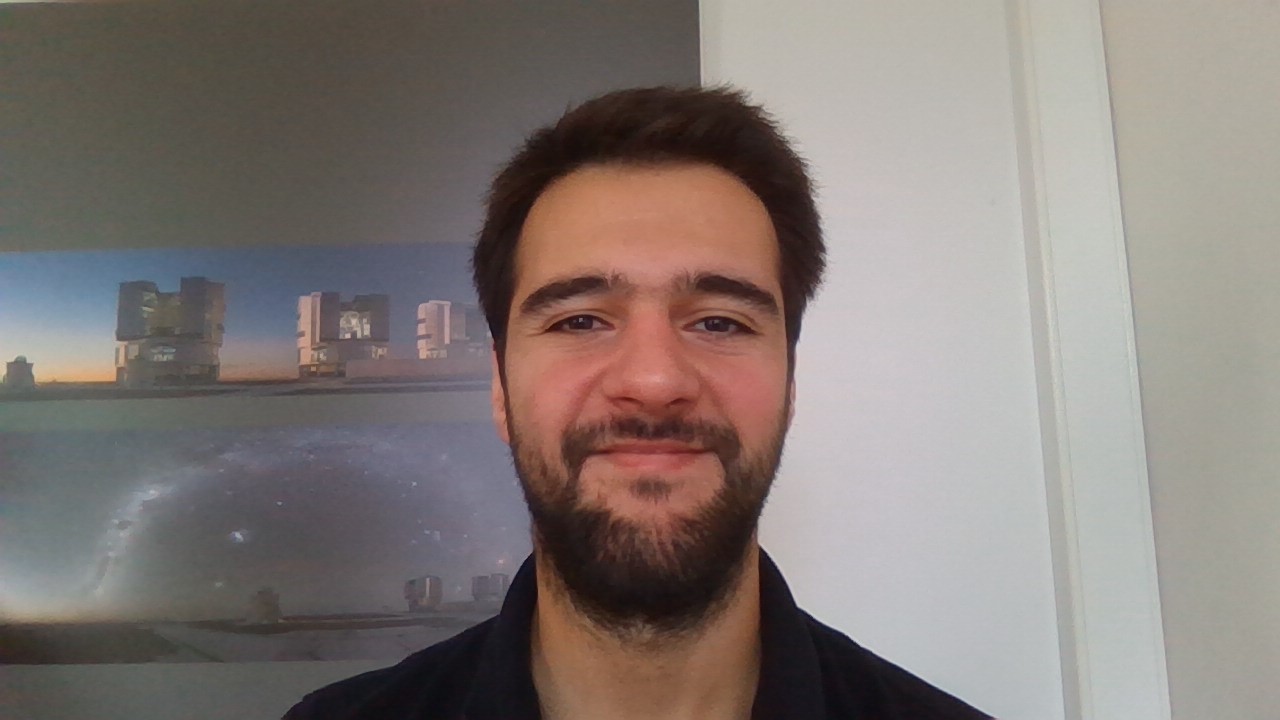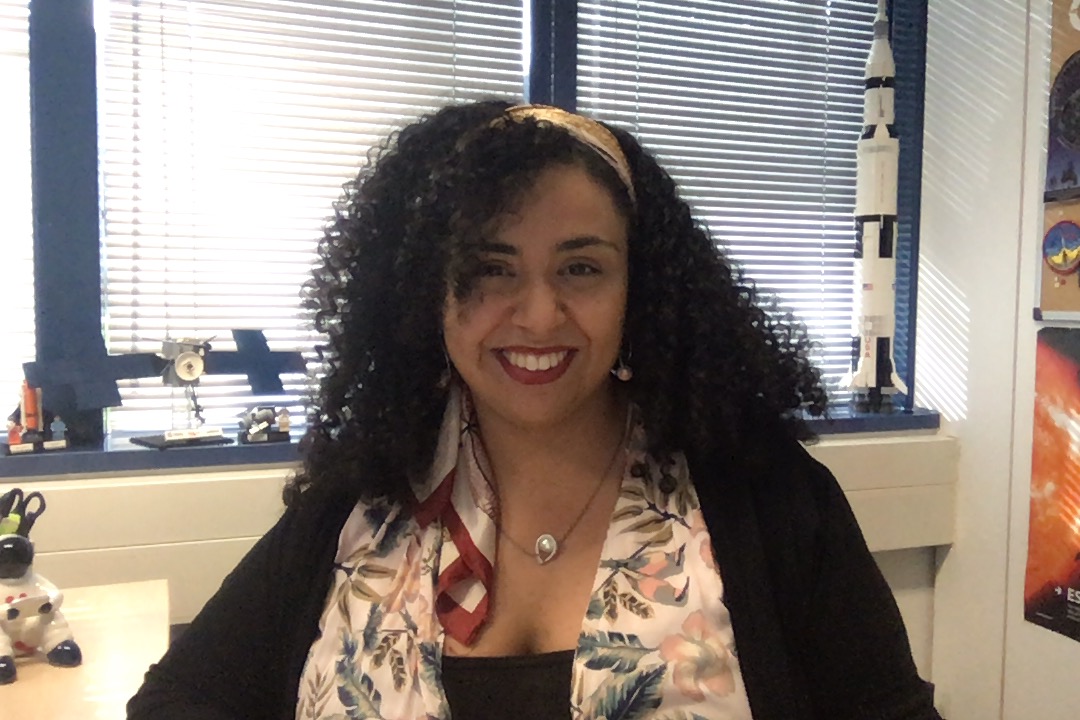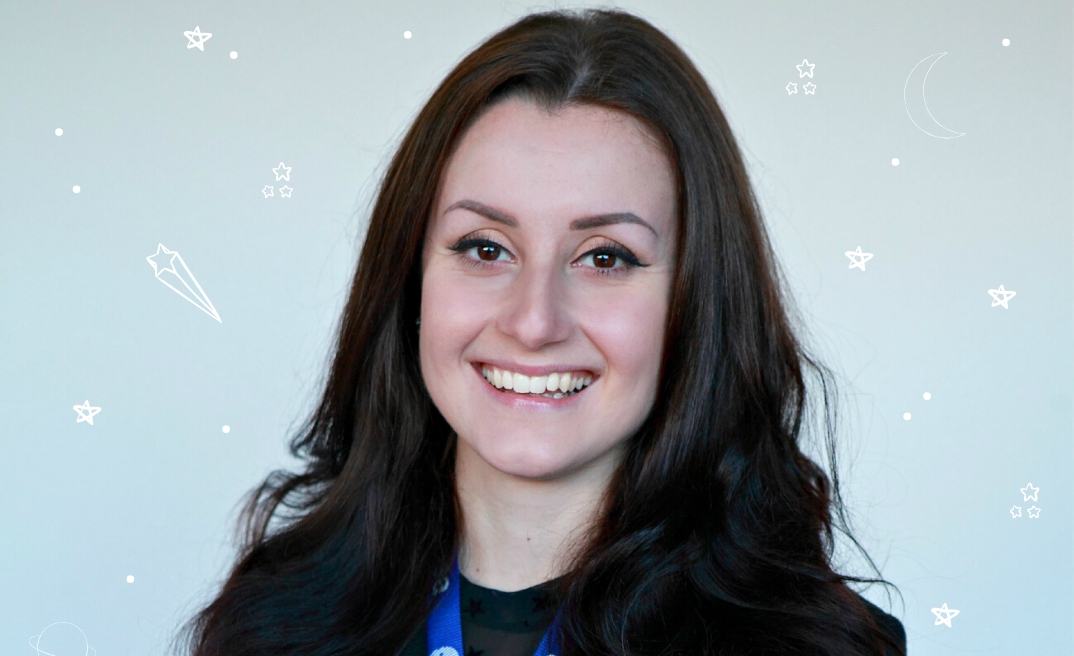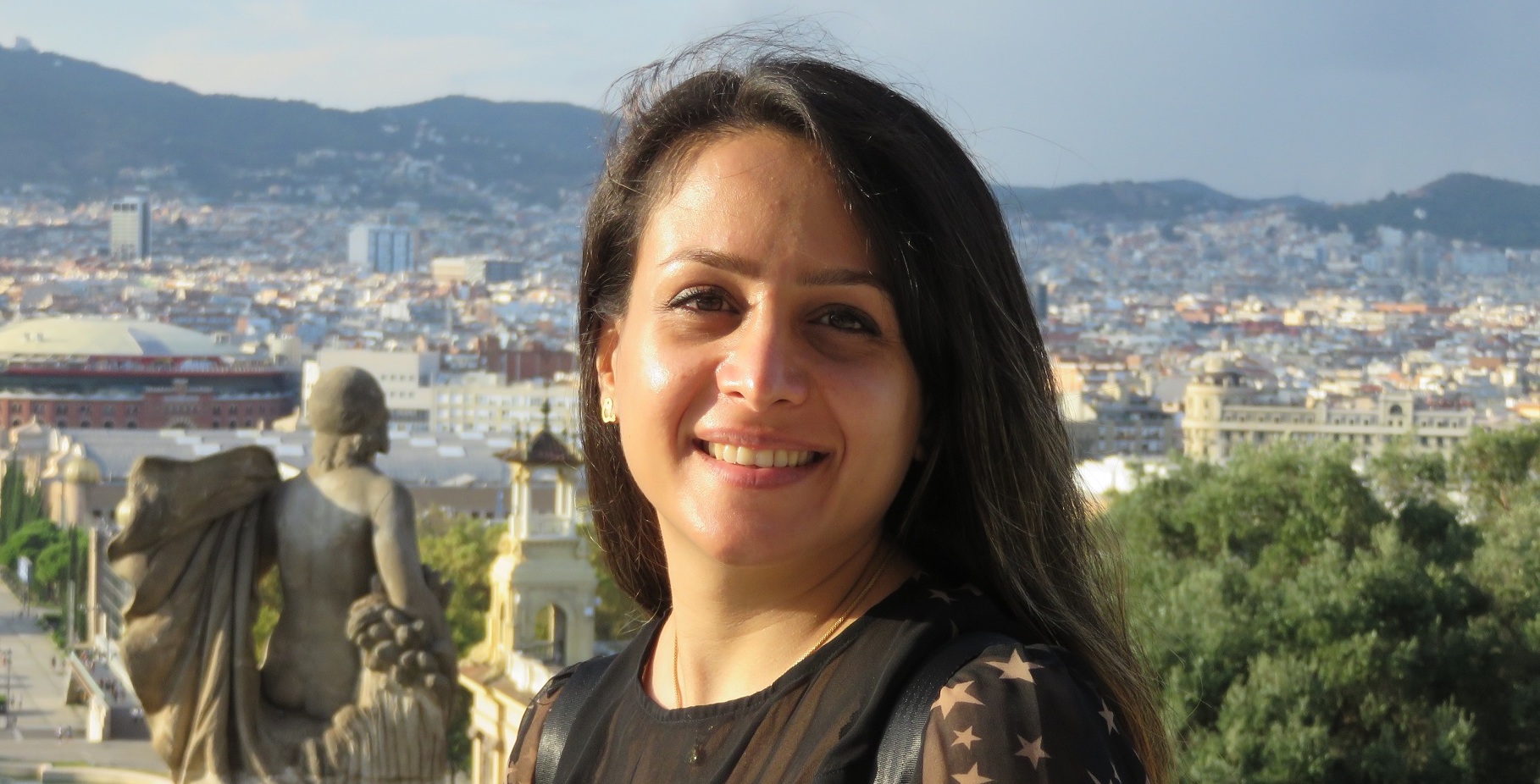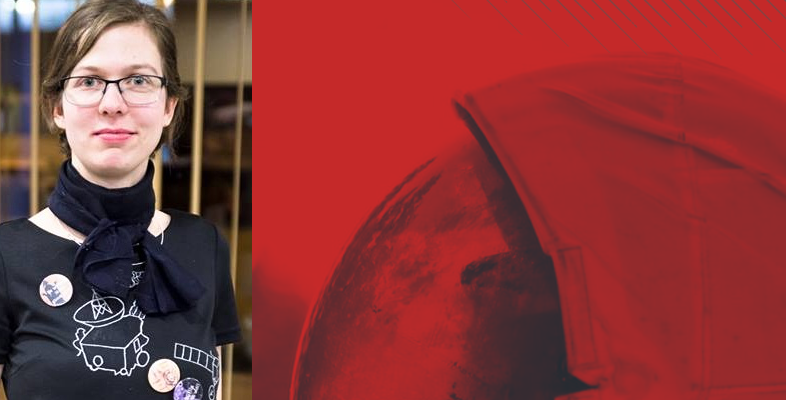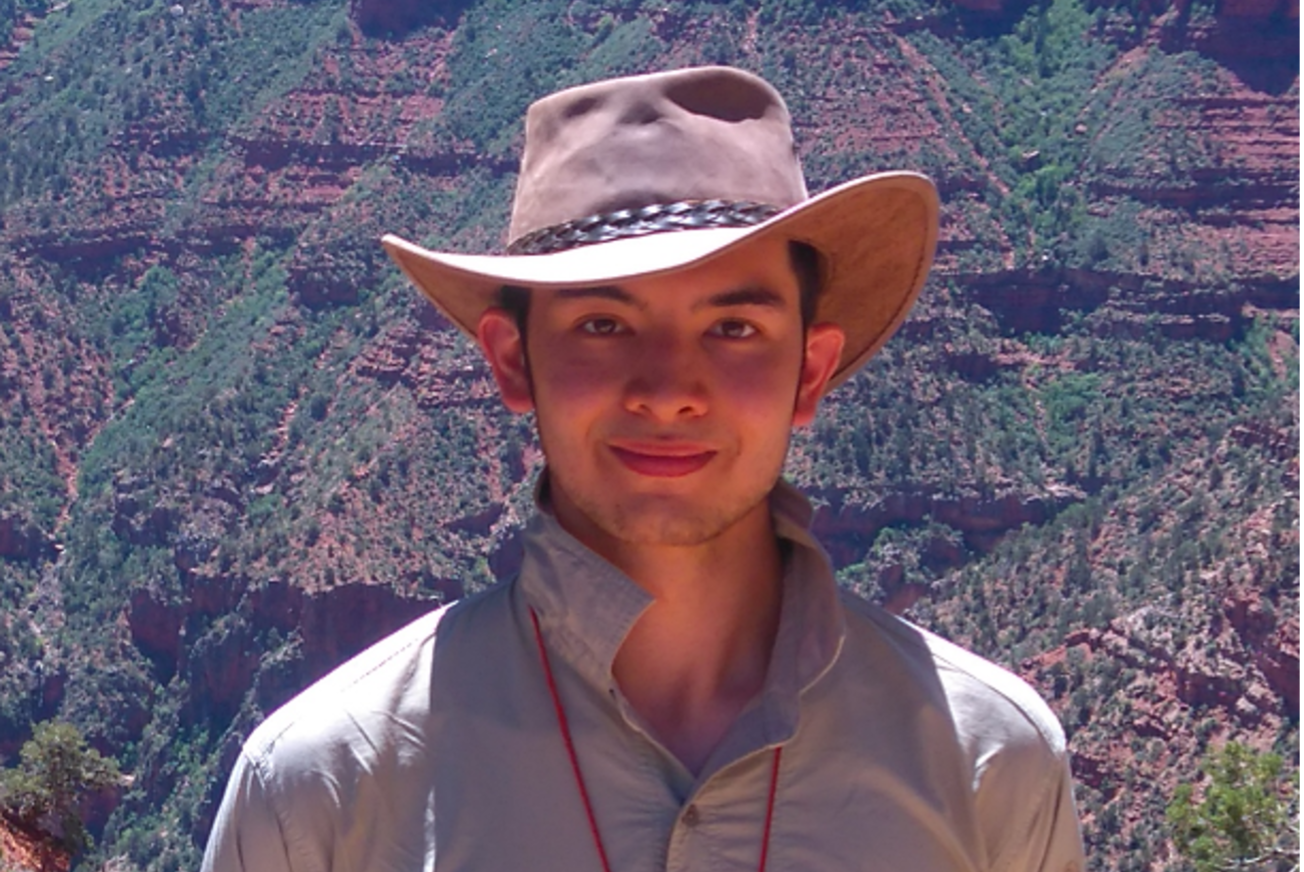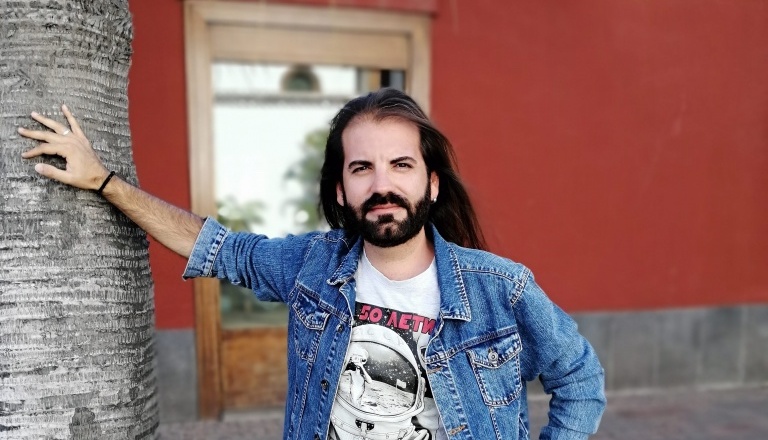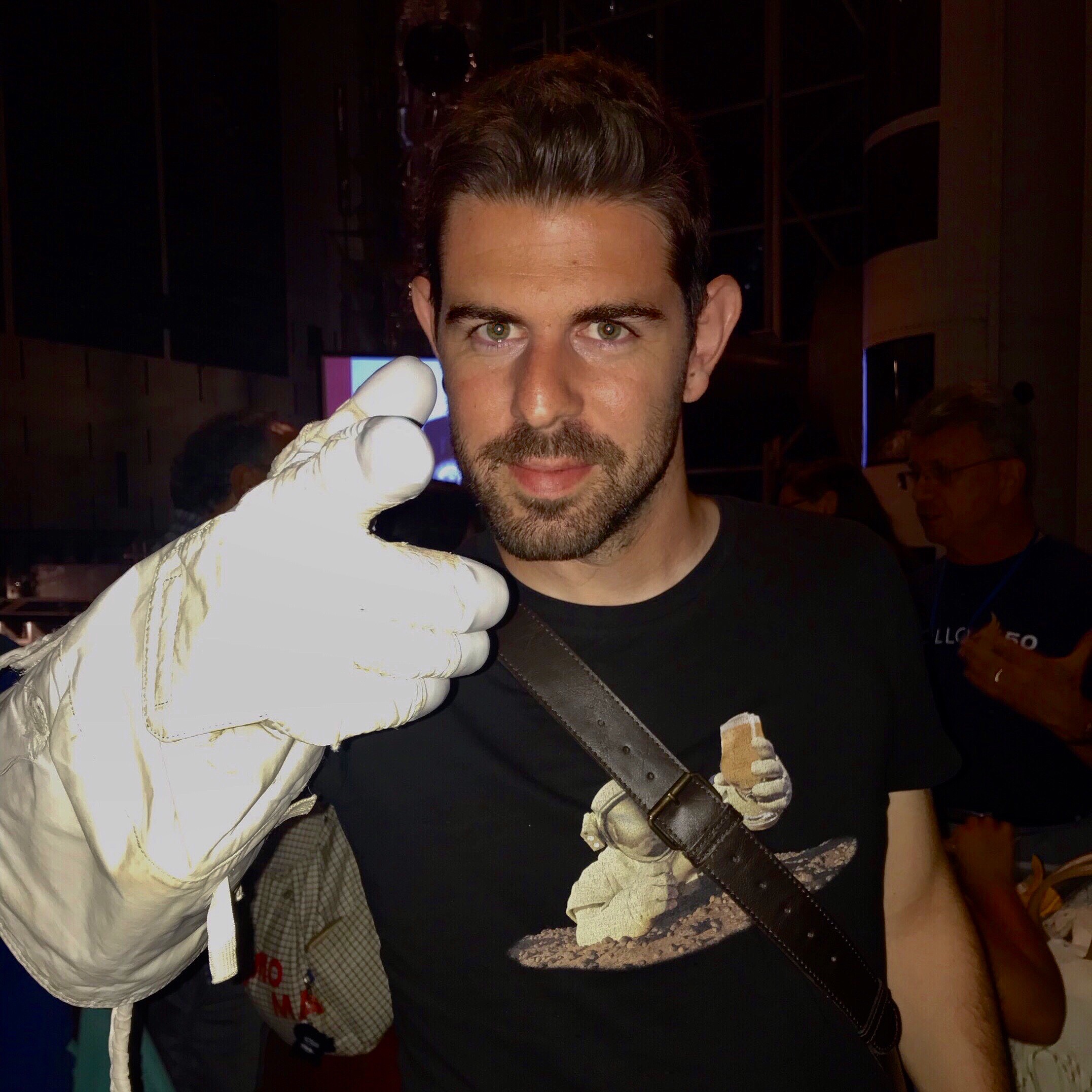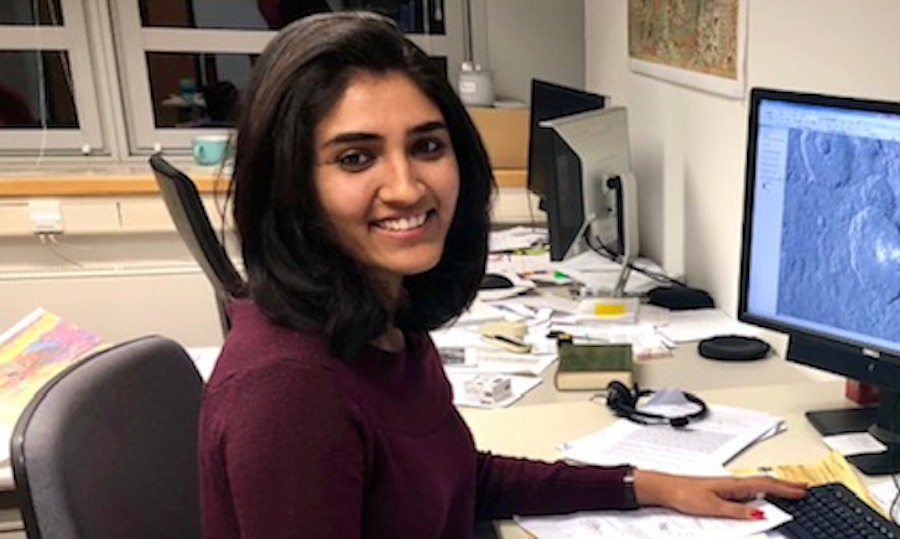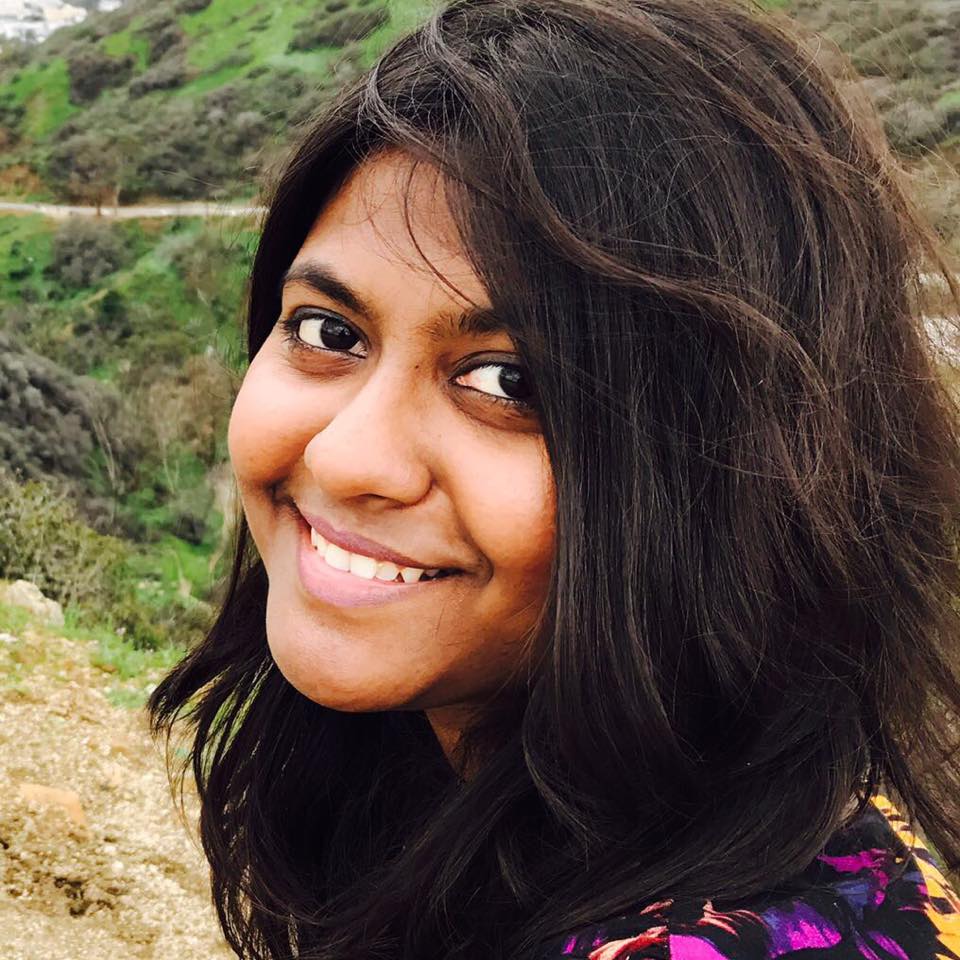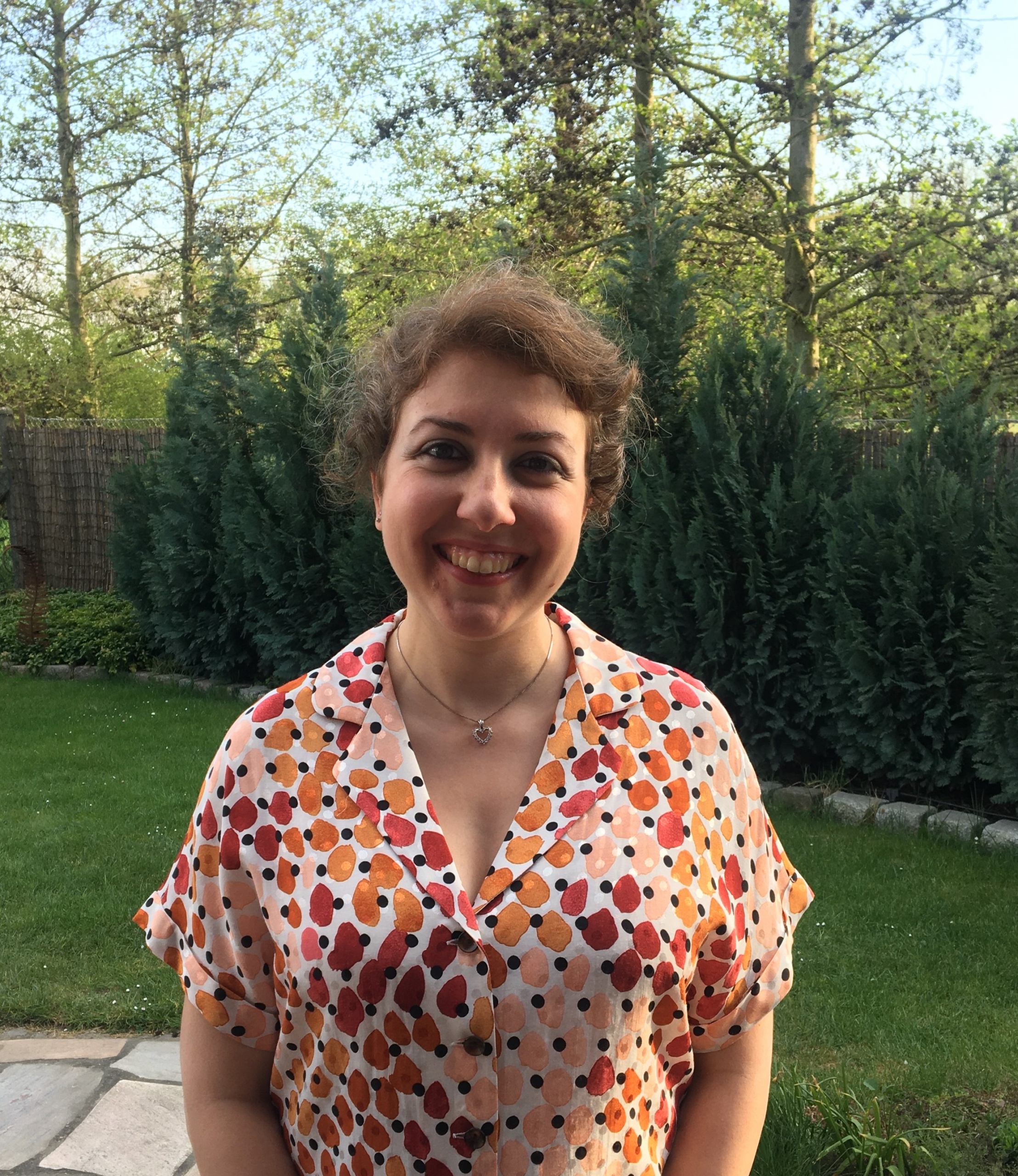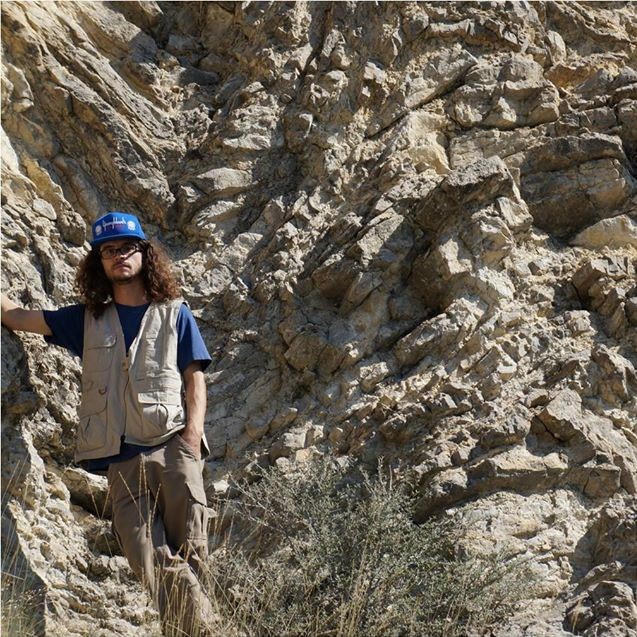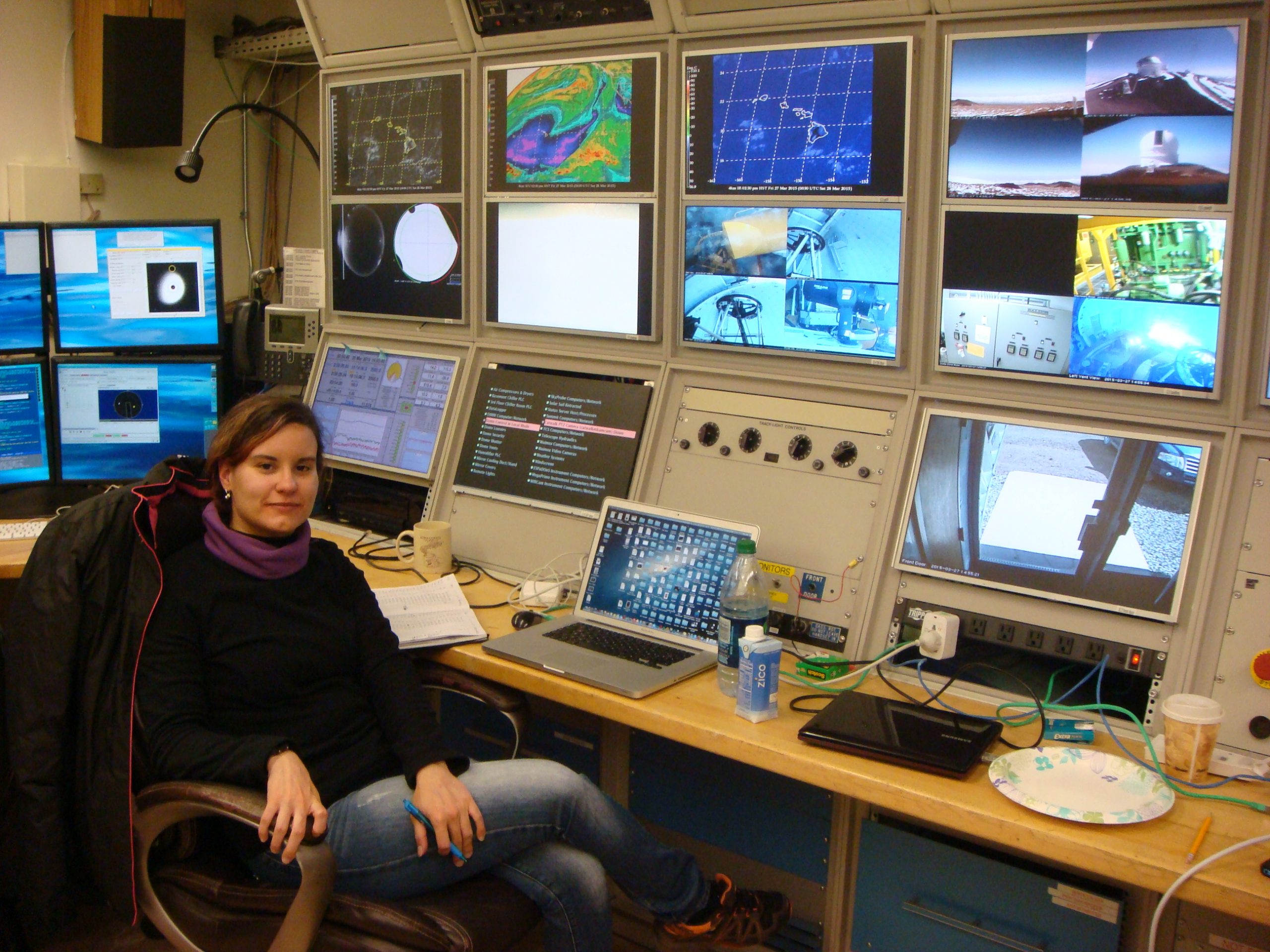EPEC Communications Working Group
The Communications Working Group, as part of the EPEC Network, is inspired by the possibility to use social media networks and platforms to connect all young professionals involved in planetary science and to allow them to have an active voice in the activities of the space sector.
This Communications Working Group aims to give young professionals the opportunity to gain experience in media communication, using the main social media platforms, as well as to update both the EPEC and Europlanet Society about the news related to EPEC activities and achievements.
Goals
- The first goal of this working group is, therefore, to create videos and posts related with the work and contributions of young professionals in planetary science. This task will allow young scientists to advertise their work within the EPEC and Europlanet community, gaining also the experience to interview or be interviewed. This action aims to extend the networks and collaborations between young professionals in order to offer opportunities and productive collaborations amongst young scientists in the European region.
- The second goal of the Communications Working Group is to be a link between all the activities happening within the EPEC working groups. Our working group has the task to advertise all the EPEC activities and achievements on a unique official page and through the Europlanet mailing list. In this way, all the Europlanet members will have the opportunity to be updated by the successes of the future leaders of space research.
- Third, our working group is in charge of updating the mailing lists to facilitate communication and collaboration.
- Finally, using the social platforms the Communications Working Group will advertise events related to both EPEC and Europlanet (e.g. Annual Week, Workshops, EPSC and other conferences), as well as advertise research and job opportunities in an effort to provide a link between graduate students and the prosfessional world. Starting from the solid foundation given by the Europlanet Society, we are looking for a world-wide network with institutions, academics and professionals in order to get to know, share and support interesting and fruitful collaborations.
EPEC Social Media Pages
The EPEC Communication Working Group is responsible for the presence of all the EPEC activities. The aim of the social media pages is to highlight the contribution of young professionals within the space sector. Currently, we are active on two platforms, Twitter and Facebook, and we plan to expand our presence in the future also in other media, with the objective to reach and connect as many Early Career people as possible. If you would like to get updates for the EPEC activities, job and funding opportunities, new research and open candidacies within our network, follow us and help us to spread the news!!
Facebook EPEC page:
https://facebook.com/epec.network
@epec.network
Twitter EPEC account:
https://twitter.com/epec_epn
@epec.epn
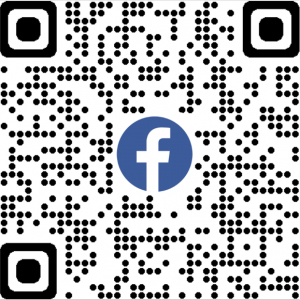
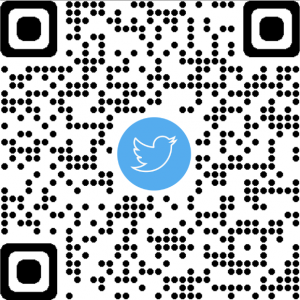
EPEC-EPSC #PlanetaryScience4All video contest
The Europlanet Early Career (EPEC) Communication working group is offering students involved in planetary science the opportunity to showcase their research through a 4-minute video contest called #PlanetaryScience4All.
All the videos submitted will be shown during the Europlanet Science Congress, and will be shared on our platforms (Facebook, YouTube, Twitter) to increase the visibility of the contestant’s work.
Past winners:
- 2020, Grace Richards, video “Unlocking the Secrets of Enceladus“.
- 2021, Dimitrios Athanasopoulos, “Looking for the most ancient asteroids”.
Read the #PlanetaryScience4all 1st Edition Report
EPEC Profiles
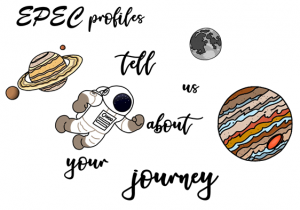
The EPEC Communications Working Group is offering a new opportunity for all its early career members to showcase their research.
Each month, Europlanet will share on the Society website and on social media a short biography and a summary of your current research.
This initiative aims to raise awareness about EPEC members’ involvement in the space sector and highlight their experiences, research and important contribution to the planetary community.
The call is open to members of the Europlanet Society in EPEC and aims to highlight a diverse set of scientific backgrounds and at the early career stages.
If you are interested in sharing your experiences, please complete the submission form.
We need your help

Do you have any ideas or projects to propose? Do you want to gain experience in media communication? Are you interested to advertise your work with a short video?
If you would like to help us, or if you are interested in sharing your experience and your research as a young professional, or if you are looking for experiences within an international community and in media communication, we are waiting for you!
You can write to the chairs individually or to the group address: epec.communications@gmail.com
Chairs:
Melissa Mirino, Open University, Milton Keynes, United Kingdom.
Email: melissa.mirino@open.ac.uk
Bio: Melissa is currently enrolled as a PhD student in Planetary Geology at the Open University in the United Kingdom. Her PhD project is mainly focused on the study of ancient river systems on Mars.
Gloria Tognon, CISAS-University of Padova, Padova, Italy.
Email: gloria.tognon.1@phd.unipd.it
Bio: Gloria is a PhD student in Space Sciences, Technologies and Measurements at the Center of Studies and Activities for Space «G. Colombo» of Padova. Her PhD project is focused on the production of geologic maps for Mercury and the Moon.
EPEC Communications WG members:
- Foivos Karakostas, Postdoctoral Researcher, INGV Bologna, Italy
- Jürgen Nußbaumer, PhD student, DLR Berlin, Germany
- Ines Belgacem, Research fellow at ESA, Madrid, Spain
- Gavin Tolometti, PhD student, University of Western Ontario, Canada
- Erica Luzzi, Phd Student, Jacobs University, Bremen, Germany
- Grace Richards, PhD student, the Open university, Milton Keynes, United Kingdom
- Felice Gragnaniello, Msc student, University of Bologna, Italy
- Gene Schmidt, University of Roma 3, Rome, Italy

